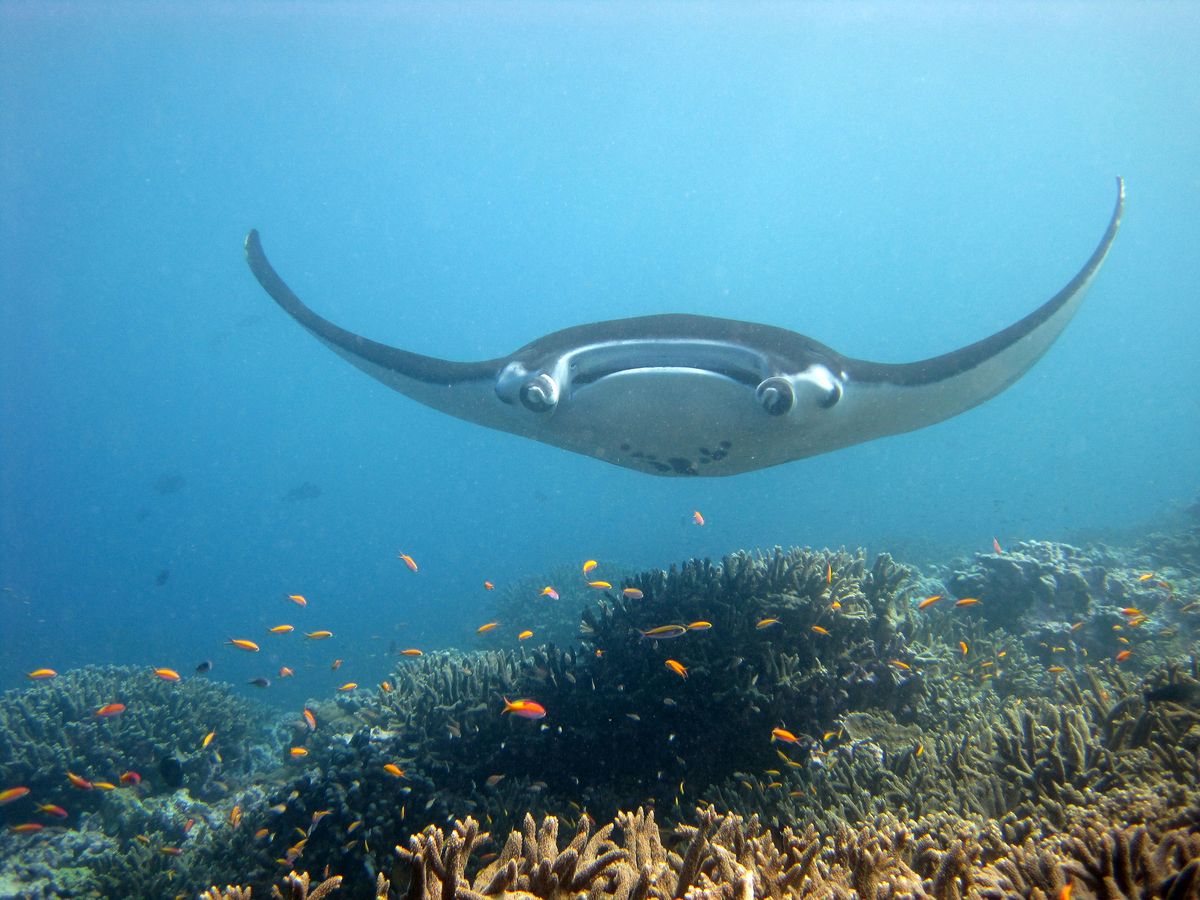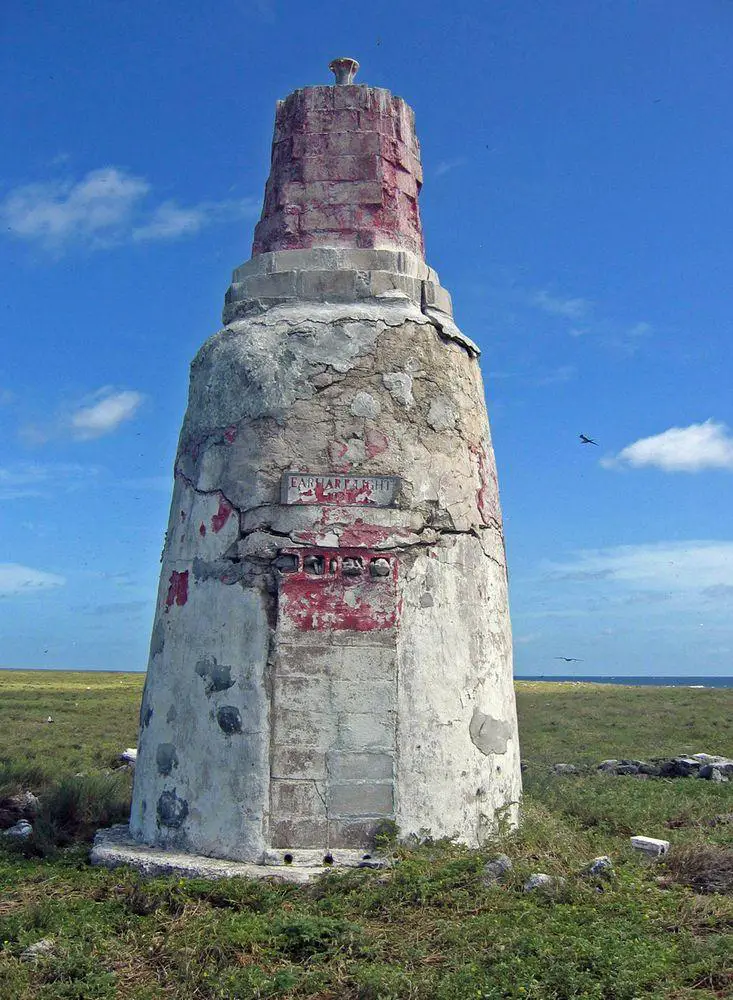Wondermondo 🢖 World 🢖 Wonders of Australia and Oceania 🢖 Wonders of Polynesia 🢖 Wonders of Howland Island
Territory
Wonders of Howland Island

 Highlights
Highlights
This uninhabited atoll is a possession of the United States. This elongated island is 1.8 km² large and is low lying – up to 6 m above the sea level, without fresh water and with scarce vegetation of grasses, low lying shrubs and trees.
The island is used by numerous sea birds and marine wildlife, it is a protected area. Two marine molluscs – a snail Engina ovata and shell Neothais rugulosa – are found only here.
The island contains scarce remnants of prehistoric settlement by ancient Melanesians and Polynesians – it might have been inhabited already around 1000 BC. Due to the lack of freshwater and scarce natural resources, the settlement was abandoned.
One more settlement – Itascatown – was developed by Americans in 1935 and abandoned in 1942.
Map with the described wonders
Please add some markers to your posts before using this shortcode.
 Top wonders of Howland Island
Top wonders of Howland Island
Architecture wonders
Earhart Light
This daytime beacon was built to provide an orientation of the unlucky flight of Amelia Earhart and Fred Noonan in their round-the-world flight in 1937. Their plane did not reach the island. The beacon was renewed after World War II but is abandoned now and in a ruinous state.

 Recommended books
Recommended books
Howland Island National Wildlife Refuge
Howland is managed by the Fish and Wildlife Service (Service), within the U.S. Department of the Interior. The Service is the primary Federal entity responsible for conserving and enhancing the Nation’s fish and wildlife populations and their habitats. Although the Service shares this responsibility with other Federal, State, tribal, local, and private entities, the Service has specific trust resource responsibilities for migratory birds, threatened and endangered species, certain anadromous fish, certain marine mammals, coral reef ecosystems, wetlands, and other special aquatic habitats.
Pocket Atlas of Remote Islands: Fifty Islands I Have Not Visited and Never Will
The Atlas of Remote Islands, Judith Schalansky’s beautiful and deeply personal account of the islands that have held a place in her heart throughout her lifelong love of cartography, has captured the imaginations of readers everywhere. Using historic events and scientific reports as a springboard, she creates a story around each island: fantastical, inscrutable stories, mixtures of fact, and imagination that produce worlds for the reader to explore.


